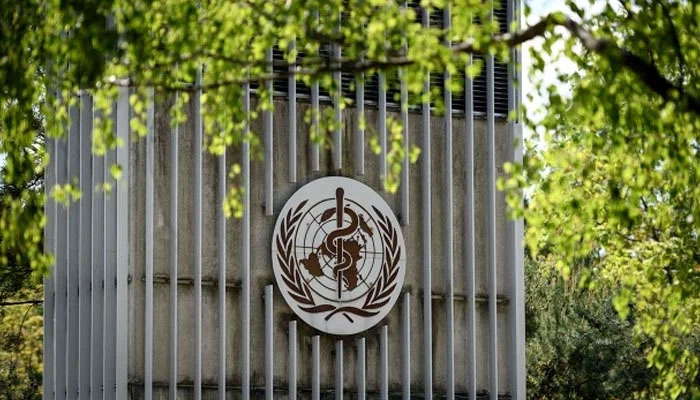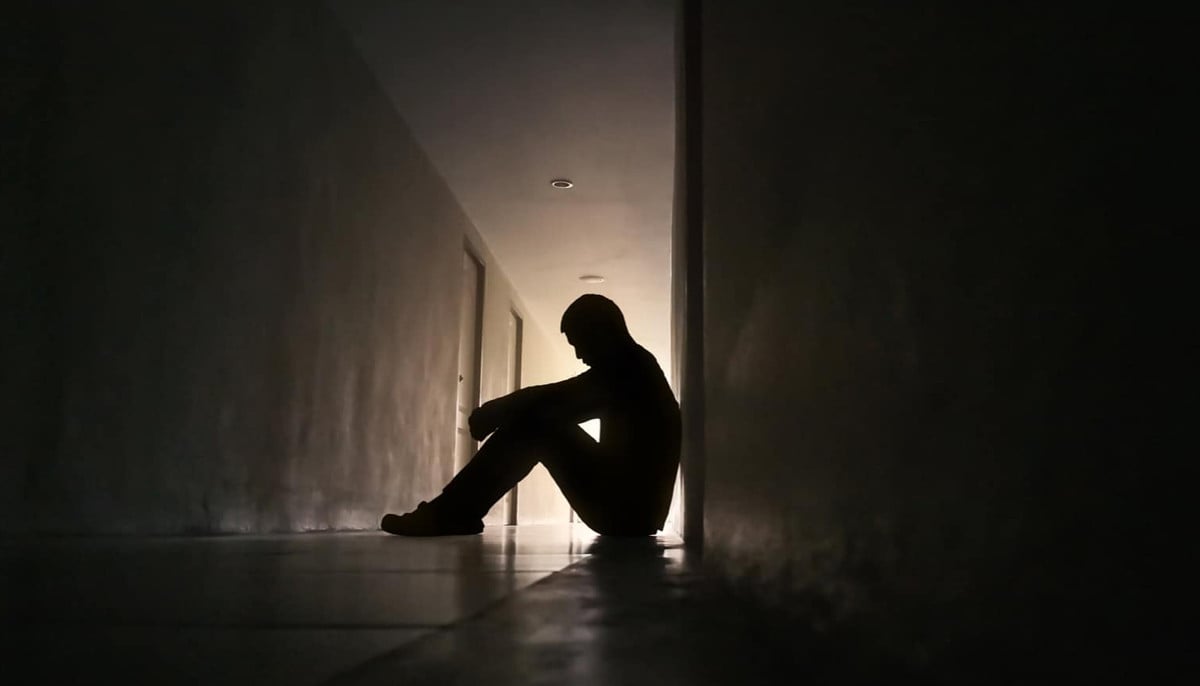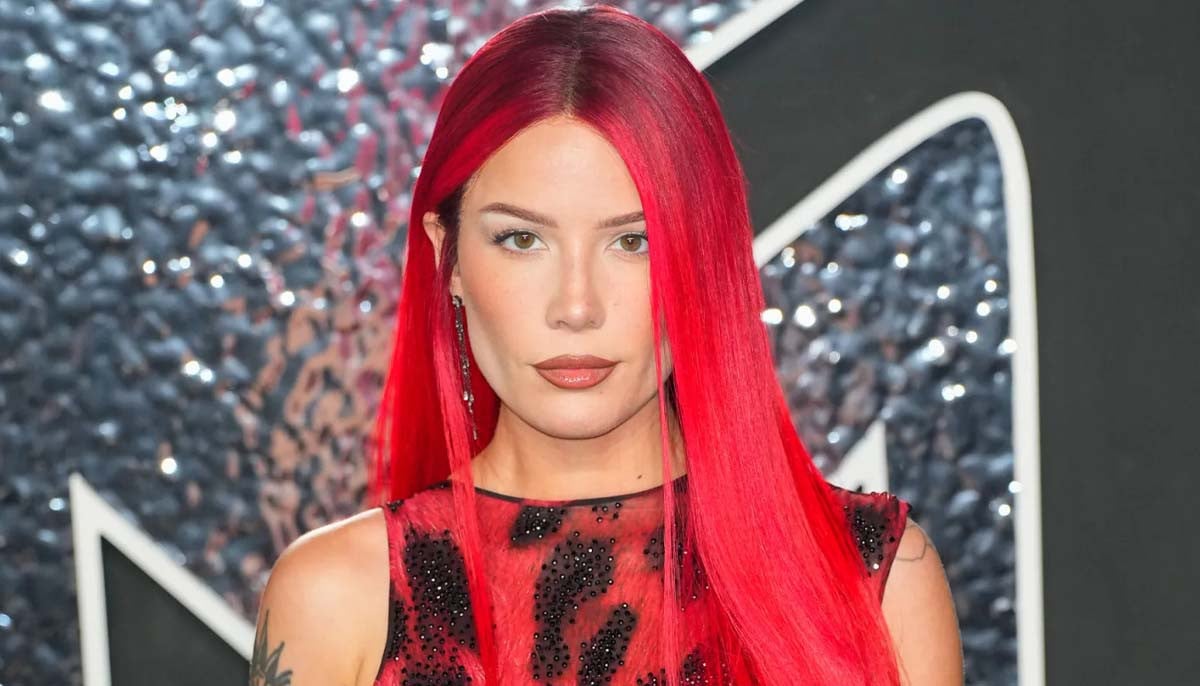WHO declares MPOX no longer a global health emergency
87,000 cases and 140 deaths were reported across 111 countries during the outbreak last year
The World Health Organization (WHO) made an announcement on Thursday stating that monkeypox, previously known as mpox, is no longer considered a global health emergency.
This decision comes almost a year after the disease started spreading worldwide. Although the number of cases has decreased significantly, the WHO Director-General, Tedros Adhanom Ghebreyesus, emphasized that monkeypox still poses a threat, especially in parts of Africa where it has been prevalent.
This declaration follows the recent WHO statement that Covid-19 is no longer a public health emergency of international concern. Tedros highlighted that even though the emergencies for monkeypox and Covid-19 are over, there is still a risk of new outbreaks for both diseases, as they continue to circulate and cause deaths.
While Central and West African countries have experienced local monkeypox outbreaks for many years, cases started appearing in Europe, North America, and other regions in May of last year, mainly among men who have sex with men. The WHO declared monkeypox as a global health emergency in July. Since then, the number of infections, characterized by symptoms like fever, muscle pain, and skin lesions, has consistently decreased.
During the global outbreak, more than 87,000 cases and 140 deaths were reported in 111 countries. The United States, Brazil, Spain, France, Colombia, Mexico, Peru, and the UK were the most affected countries.
Tedros mentioned a significant decline in cases over the past three months, with nearly 90% fewer cases compared to the previous three-month period. He attributed this progress to lessons learned from managing HIV and close collaboration with the most affected communities. Tedros expressed gratitude that the expected stigma and discrimination against these communities did not materialize significantly.
While most cases occurred outside endemic countries, Tedros urged nations to remain vigilant by maintaining surveillance, ensuring access to tests and vaccines, and addressing the specific risks faced by individuals with untreated HIV.
Despite the progress made, monkeypox continues to impact communities globally, particularly in Africa, where transmission patterns are not yet fully understood. Rosamund Lewis, the WHO's technical lead on monkeypox, emphasized that endemic countries in West and Central Africa have been dealing with the disease for a long time and will continue to do so.
WHO emergencies director Mike Ryan expressed disappointment at the lack of international funding for combating monkeypox in African countries where it is endemic, speculating that this may be due to existing prejudices in the world.
With monkeypox and Covid-19 no longer classified as global health emergencies, the WHO currently designates only one such emergency, which is for poliovirus, declared in May 2014.
-
5 celebrities you didn't know have experienced depression
-
‘Smiling electrons’ discovered in Earth’s magnetosphere in rare space breakthrough
-
Late James Van Der Beek inspires bowel cancer awareness post death
-
Archaeologists unearthed possible fragments of Hannibal’s war elephant in Spain
-
Bella Hadid talks about suffering from Lyme disease
-
Gwyneth Paltrow discusses ‘bizarre’ ways of dealing with chronic illness
-
Halsey explains ‘bittersweet’ endometriosis diagnosis
-
NASA's Hubble Space Telescope discovers ‘Dracula Disk', 40 times bigger than solar system












